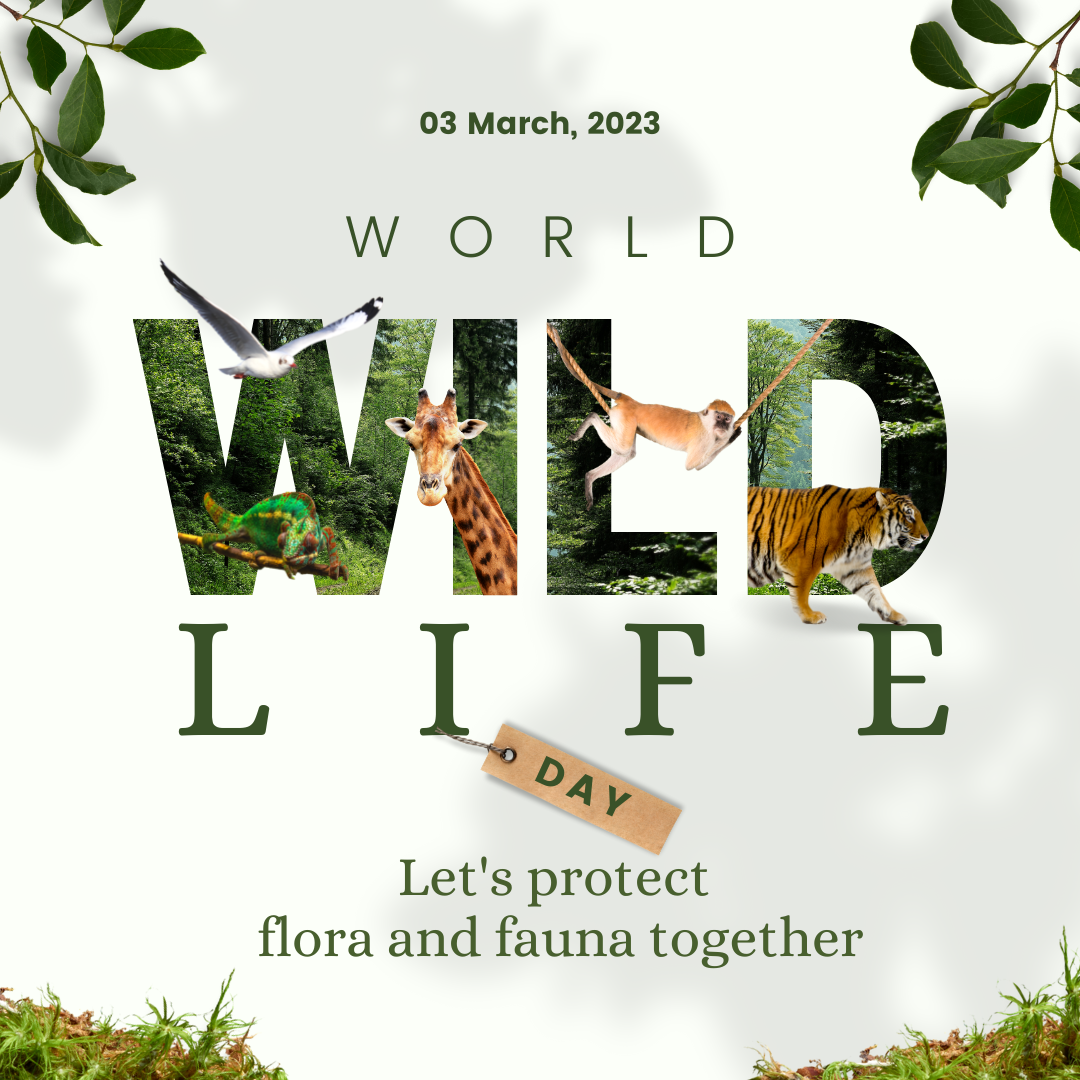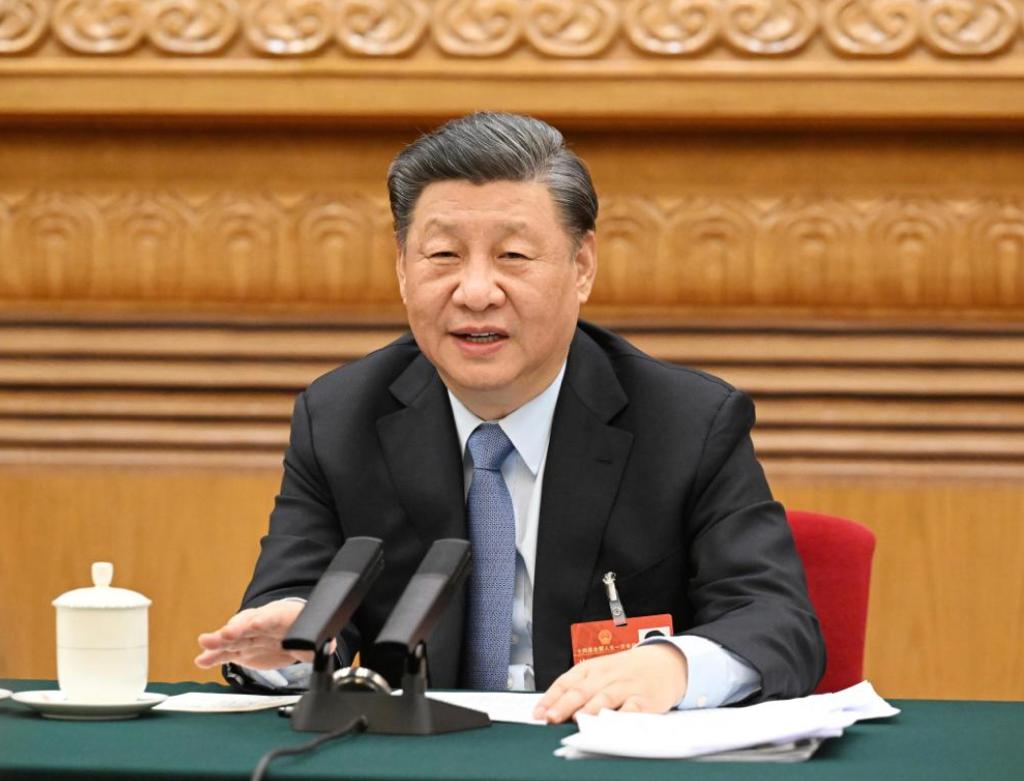Due to habitat degradation, fossil fuel pollution, and the escalating climate crisis, a million species are on the verge of extinction.
In his statement for the Day, UN Secretary-General António Guterres issued a warning: “We must put an end to this war on nature.
Unexpected species like giraffes, parrots, and seaweed are among the multitudes of animals and plants that are threatened by human activity. But the UN head also mentioned some encouraging statistics.
World Wildlife Day this year coincides with the 50th anniversary of the Convention on International Trade in Endangered Species (CITES).
Many of plant and animal species have benefited from the deal, which was signed on March 3 of that year.
The Kunming-Montreal Global Biodiversity Framework, which aims to achieve a tenfold reduction in the extinction rate of all species.
By the middle of the century, was also accepted by governments in December.
In order to turn commitment into action, Mr. Guterres pointed out that the Day’s theme, “Partnerships for Wildlife Protection.”
Emphasises the necessity of collaboration between governments, civil society, and the commercial sector.
And now more than ever, “we need much bigger efforts to reduce emissions, speed up renewables, and strengthen climate resilience,” he continued.
The voices of local communities and indigenous people, who are the best protectors of biodiversity in the world, must be given priority throughout.
The UN Environment Program’s (UNEP) Executive Director, Inger Andersen, echoed.
This call, saying that “let’s face it, indigenous people know more about conservation than many a scientist does.”She emphasised how important taking action right now is.
No organisation, including the UN, can address the biodiversity disaster alone. Thus partnerships for conservation are essential, said CITES Director Ivonne Higuero.
She claimed that due to “record decreases” in animal and plant populations during the 50th anniversary year.
There has never been a more important time for effective wildlife conservation.
“Nature’s delicate equilibrium is being upset. We rely on wildlife to provide us with food, shelter, medicines, fuel, and entertainment. However, these resources aren’t endless, she emphasised.
The Kunming-Montreal framework demonstrates a strong sense of solidarity with future generations. The environment, and wildlife in the eyes of UN General Assembly President Csaba Krösi.
He emphasised the importance of collaborations in order to repair damaged areas and restore healthy habitats.
As he pleaded with nations to do their utmost to implement the accord. “Successful biodiversity protection is also essential for reducing wildlife-related crime.
These relationships must involve indigenous populations, the speaker emphasised. But we also need to increase money for conservation and protection if we truly want to see progress.
















